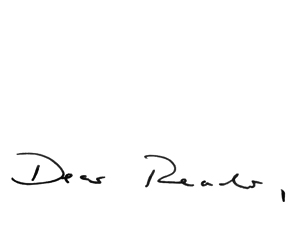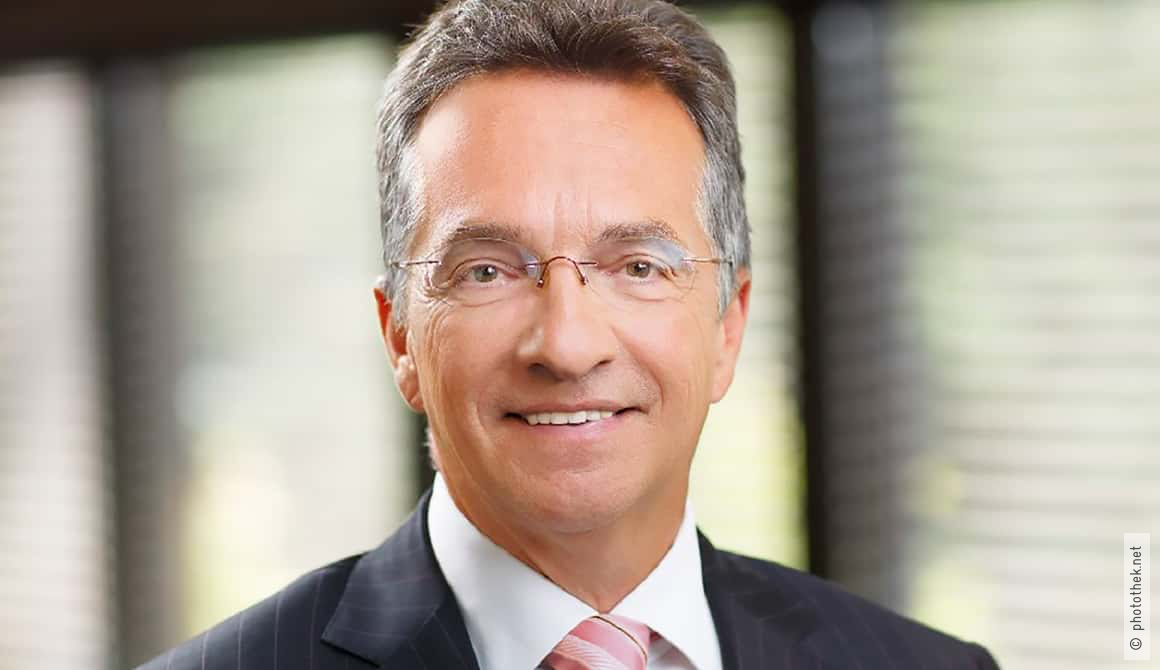MESSAGE FROM THE CHAIRMAN OF THE SUPERVISORY BOARD

2016 was another year of huge global challenges: crises and conflicts, climate change, inhumane living conditions, and millions of people leaving their homes as a result.
To meet these challenges, German development policy is pursuing the vision of the 2030 Agenda for Sustainable Development, and linking poverty reduction with climate policy and sustainable development. We are focusing on partnerships to achieve sustainable development worldwide because we can only resolve global challenges together – with other countries, the private sector, the scientific and academic community, and civil society.
 Dr. Friedrich Kitschelt
Dr. Friedrich KitscheltA new dimension of cooperation with Africa
‘To enable everybody to enjoy a decent life, we must make globalisation fair. Germany has the knowledge, the technologies and the means to shoulder its part of this common duty as a responsible member of the international community.’
To enable everybody to enjoy a decent life, we must make globalisation fair. Germany has the knowledge, the technologies and the means to shoulder its part of this common duty as a responsible member of the international community. We invest in education and training, agricultural development and local value-chain development. We see democracy, the separation of powers, the rule of law and good governance as pillars of development.
One thing is clear. We need a new dimension of cooperation with Africa – on the scale of a Marshall Plan. Africa’s population will double by 2050. Twenty million jobs a year are needed.
This is why the German Federal Ministry for Economic Cooperation and Development (BMZ) has drawn up a Pact on the Future, with Africa. Our approach builds on reform partnerships with countries that practice good governance, fight corruption, establish tax systems, invest in education and promote gender equality. Our partners in the African Union have incorporated these aspirations into their Agenda 2063.
EUR 3 billion for better prospects in the Middle East
The refugee question remains one of the most pressing challenges. The greatest number of refugees come from Syria. These people need prospects, as do the communities that have taken in particularly large numbers of them, in places like Jordan, Lebanon, Turkey and Iraq.
Employment and education are at the top of the agenda for stabilising the host regions and offering people the opportunity of a better life. At BMZ we allocated around EUR 3 billion for this in 2016. In the countries bordering on Syria, BMZ is reaching over a million children and young people through education and training programmes. Under BMZ’s Partnership for Prospects Initiative in the Middle East, more than 61,000 people gained an opportunity to work in 2016.
Partners key to lasting development results
In 2017, with yet another record budget of EUR 8.5 billion, we will continue to vigorously address these challenges: implementing the 2030 Agenda, achieving the aims of the One World – No Hunger Initiative, continuing to deliver 90 per cent of German climate finance in the world, and creating prospects that enable people to stay where they are and enjoy a decent life.
We are proud to state that in 2016 we kept the Federal Chancellor’s pledge to reach the target of spending 0.7 per cent of Germany’s gross national product on official development assistance (ODA), in line with the OECD rules that have been in place for decades. At the same time, we know that we will only achieve lasting development results with strong private investment and significantly greater input by our partners themselves.
Delivering our contributions would be inconceivable without GIZ – one of the German Government’s key implementing organisations. I would therefore like to say a special thanks for the tireless dedication of GIZ’s Management Board and staff, who find precisely the right solutions even in difficult situations. By doing so, you and your company have earned my deep appreciation.
Best regards,

Dr. Friedrich Kitschelt
Chairman of the GIZ Supervisory Board
State Secretary in the German Federal Ministry for Economic Cooperation and Development